Should schools be neutral zones for religion?
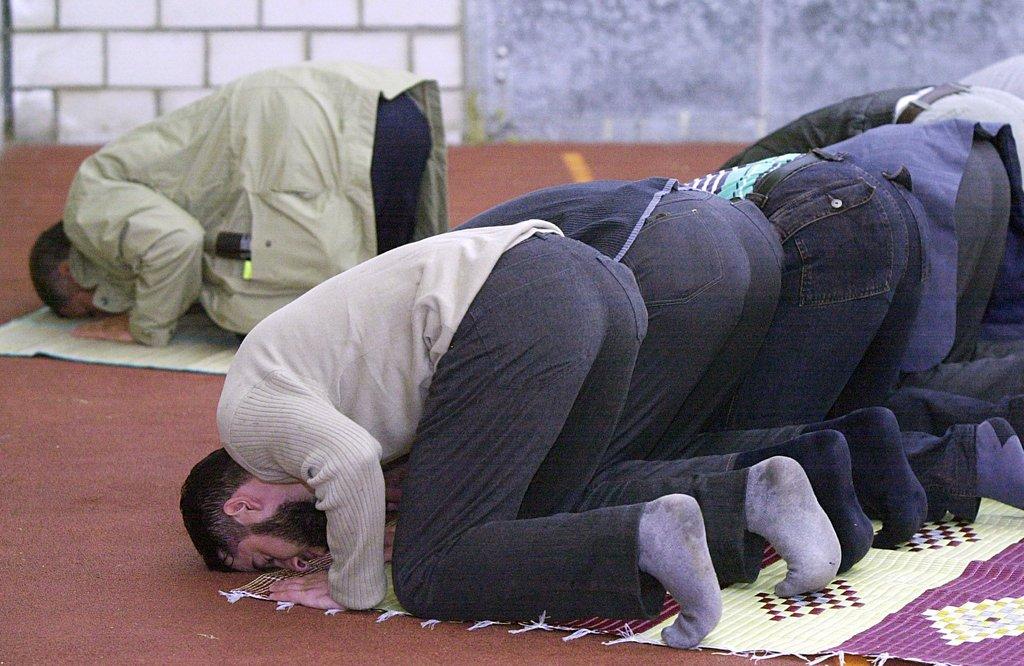
The decision to make prayer rooms available for Muslims in two Swiss state schools is viewed by some as a pragmatic solution. Others believe prayer rooms have no place in secular Switzerland.
“Teenagers were rolling out their prayer mats all over the school – in the halls and the staircase. The school administrators didn’t want this and decided to make some modest rooms available to students – regardless of religion,” Reto Wyss, the director of education for the canton of Lucerne, told swissinfo.ch.
He appears mildly annoyed, as if tired of having to justify himself once again. Such rooms can also be found at universities and airports, where they have proven successful.
The teenagers who pray, most of whom have a migration background, are enrolled in the canton’s so-called bridge-year programmes following the end of the mandatory school period. Wyss says boys going through puberty often feel the need to express and practise their religion loudly.
“Perhaps praying at school isn’t necessary. The question is whether it should be banned. The aim for us is to ensure young people are integrated as much as possible and are engaged and do well at school. Exclusion makes this almost impossible.”
He also expects tolerance from non-Christians in the Catholic canton of Lucerne, for example when there are religious festivals or Christmas. “Both sides need to bridge the divide.”
It remains to be seen whether the prayer rooms in Lucerne will stay. “We will conduct an evaluation after a few months and then decide how to proceed. It’s also possible that we choose to close the rooms.”
‘Islam is part of Switzerland’
Rifa’at Lenzin, an Islamic scholar and member of the Interreligious Think-TankExternal link, has no problems with prayer rooms in schools if there is a need for them.
It is not counterproductive, in her opinion, that the offer is coming at a time when there is fear over terror attacks and uncertainty stemming from the migration crisis. Indeed, the only thing she could consider counterproductive is making a political issue out of the situation.
“Islam is now a part of Switzerland. Closing your eyes to this reality doesn’t achieve anything,” says the daughter of Swiss-Pakistani parents. She emphasises that Switzerland doesn’t cultivate a secular model like that of France, but instead a “benevolent secularism” in which religion is given room in the public sphere.
‘Nip it in the bud!’
Elham Manea, a Yemeni-Swiss political scientist at the University of Zurich, also expresses understanding when it comes to the Lucerne school administrators and their wish to find a pragmatic solution.
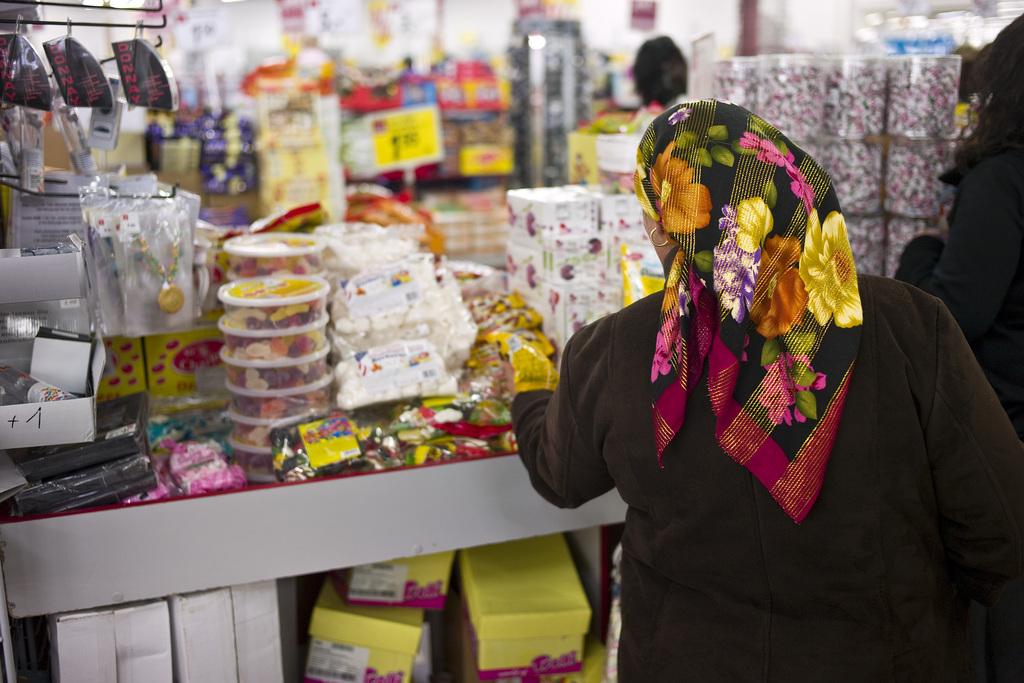
More
When did showing your faith become so controversial?
At the same time, however, she warns, “it’s a matter of how we can live together in a context in which religion has become a source of conflict. We should not be blind to political and fundamental Islam – and fundamentalism in general”.
She recalls Britain’s experiences starting in the 1960s: in small steps, schools with a Muslim majority first asked for prayer rooms and then for separate classes for girls and boys.
“Now Britain faces the difficult task of trying to bring Islamic currents under control. Integration has failed. There is no multicultural society where there is mutual respect, but rather monocultural and closed parallel societies.”
Manea says it is therefore better to “nip it in the bud”, pointing out there have been calls for prayer rooms in other Swiss cantons.
‘Private matter’
Charlotte Peter, a secondary school teacher in a multicultural area of Zurich, confirms that there have also been requests for prayer rooms there.
“In the city of Zurich, however, religion is viewed as a private matter and the school is a neutral zone for religion, and we abide by this.”
Practically all the students in her class have a migration background, and about half are Muslim. Every so often religion can be an issue, for example if sports days or school trips take place during Ramadan.
“As a school, we don’t take this into consideration. The activities are held and participation is mandatory,” she said.
Parents are informed, and if a problem arises, a solution is usually found by talking to them. According to Peter, most families follow an enlightened Islam and only a few a conservative Islam.
For Elham Manea, it is clear that praying has no place in state schools. “It has nothing to do with assimilation or immigration. Religion is a private matter and should remain so. One goes to school to learn common values, such as civil rights,” she said, adding that according to the Prophet Mohammed, one can be flexible with prayer times and still be a good Muslim.
Swiss religious breakdown
Residents aged over 15:
Catholic 2,585,788
Protestant 1,742,823
Other Christian 392,070
Muslim 346,208
Jewish 15,893
Other 90,469
Not religious 1,572,027
Source: Federal Statistical Office (2014 figures)
“This is about something different: these are features of an Islamic ideology. Teenagers going through puberty are vulnerable and want to rebel and provoke. One should not underestimate the influence that the internet and videos, peer groups, as well as imams and missionary Islamists have upon them. They know exactly what they’re doing.”
Integration and tolerance
Rifa’at Lenzin says schools have no choice but to accept diversity. However, it isn’t a question of “graciously” allowing someone to do something.
“I view integration and tolerance as a process of negotiation between two sides. Unconditional assimilation doesn’t work anyway – it creates nothing but resistance,” she said.
Elham Manea, on the other hand, views the decision to make prayer rooms available as a false interpretation of tolerance.
“The fear of being labelled racist or Islamophobic leads to bad decisions and conflict. Swiss Christian students praying in hallways would never be accepted. There is no need for special treatment.”
Both agree that cultural heritage, which also includes religion, should be addressed and experienced at school – taking other faiths into consideration as well. “On important religious days, students should be able to take the day off,” Manea says.
Lenzin pleads for pragmatism. “If 90% of the students are non-Christians, it makes no sense to sing Christmas songs – you just don’t have the people.”
But the meaning of the celebration can be discussed, she says. Lenzin adds that during Ramadan the fact that some children are fasting and therefore not as productive should be taken into consideration. “The important thing, however, is that the school can fulfil its mission and the administration can operate.”
National concept?
Manea thinks it would make sense to develop clear rules for all state schools in Switzerland. “The teachers and schools are often overwhelmed and feel they are alone.”
Charlotte Peter confirms that the teaching profession has become much more demanding and time-consuming in recent years amid an increasingly multicultural environment.
“Forging a good class spirit in which one’s background and culture do not play a role and giving kids the right tools is tough, back-breaking work,” she said. “In addition, discussions with parents and with the team take up a lot of time.”
Peter welcomes the idea of guidelines throughout Switzerland. “There needs to be a common denominator when it comes to how to handle different cultures and religions. This is not the task of the teachers or the schools.”
No general school ban for headscarves
The Swiss Federal Court ruled in December 2015 that a general ban on headscarves in state schools was not warranted. With the ruling, the court backed a 14-year-old Muslim girl and her parents from St Gallen.
Four of five judges thought arguments brought by the St. Margrethen school district were not convincing. A ban on headscarves could not be justified in the case at hand either through school discipline, religious peace or the equal treatment of boys and girls.
The judges also said the student could attend classes wearing a headscarf. In their opinion, there was no evidence she was trying to promote her religious beliefs in school or that her parents were forcing her to wear the scarf. These reasons therefore did not justify the intrusion on her freedom of religion and thought.
Moreover, it is not the Swiss tradition to suppress everything religious in the private sphere. Instead of prohibiting religious symbols, schools should instead focus more on teaching tolerance, according to the ruling.
(Source: Swiss News Agency)
Translated from German by Catherine McLean

In compliance with the JTI standards
More: SWI swissinfo.ch certified by the Journalism Trust Initiative
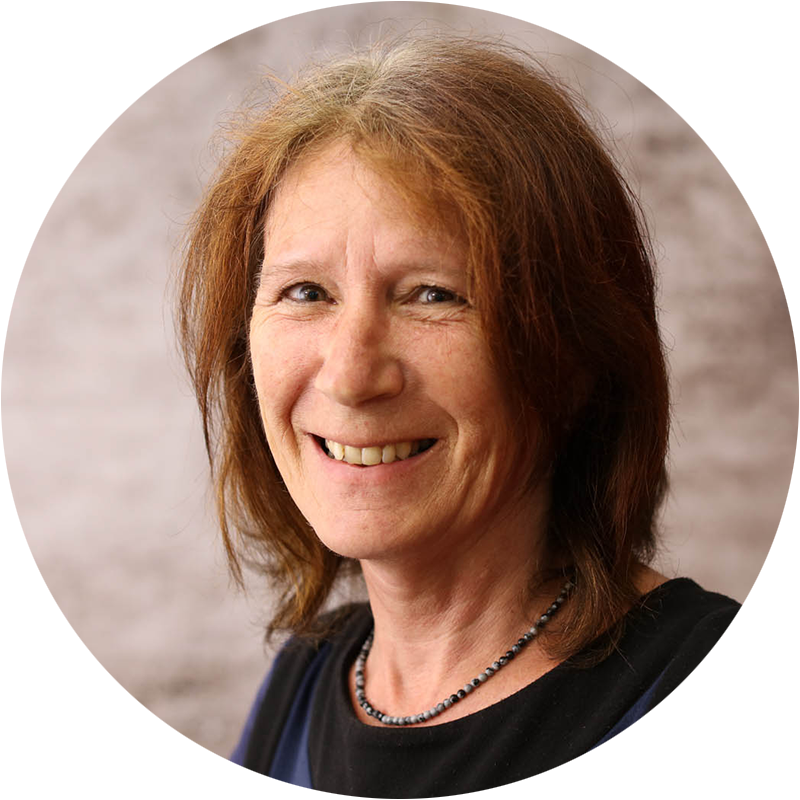
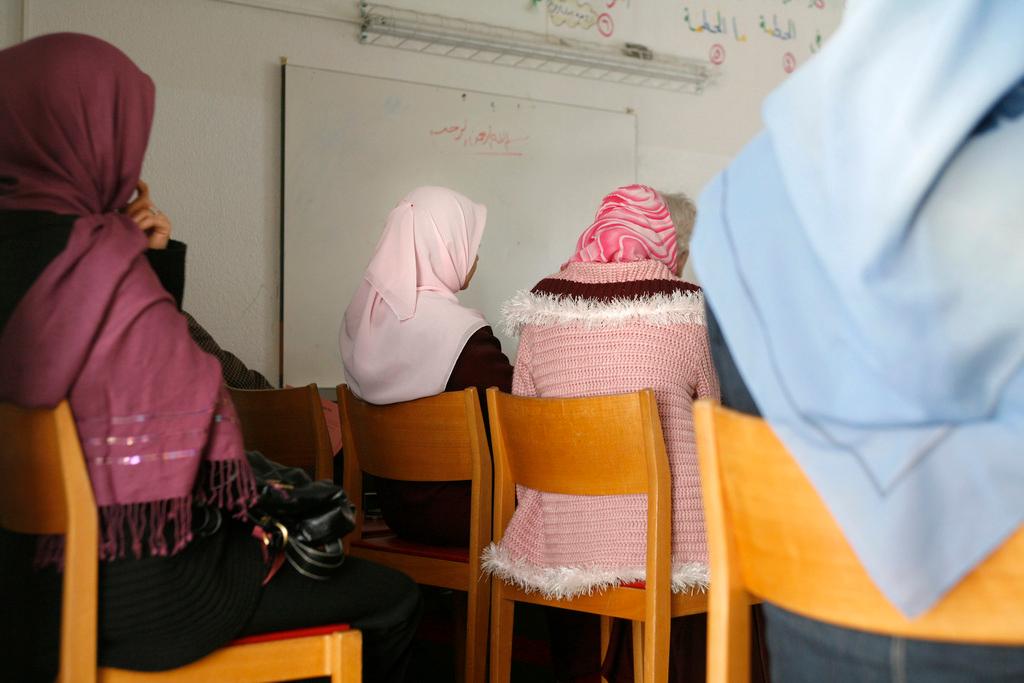
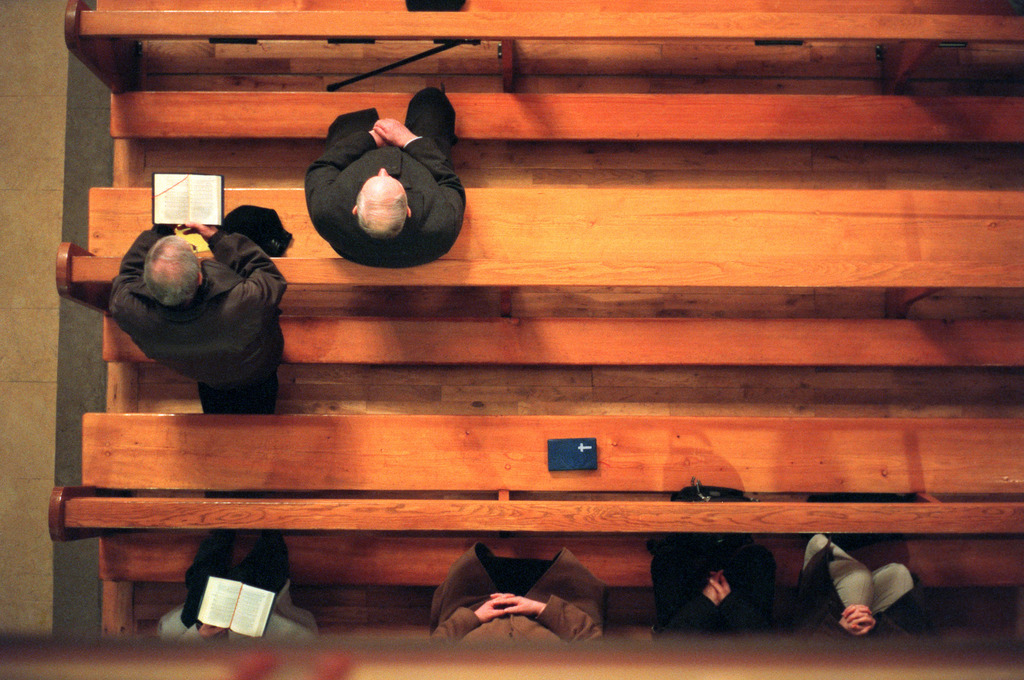
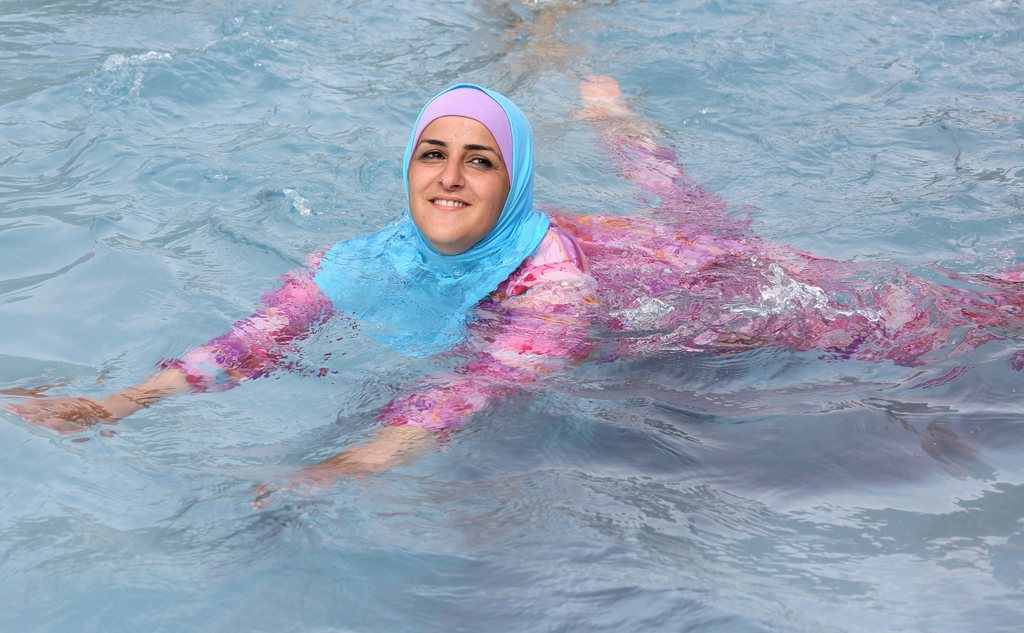
You can find an overview of ongoing debates with our journalists here. Please join us!
If you want to start a conversation about a topic raised in this article or want to report factual errors, email us at english@swissinfo.ch.